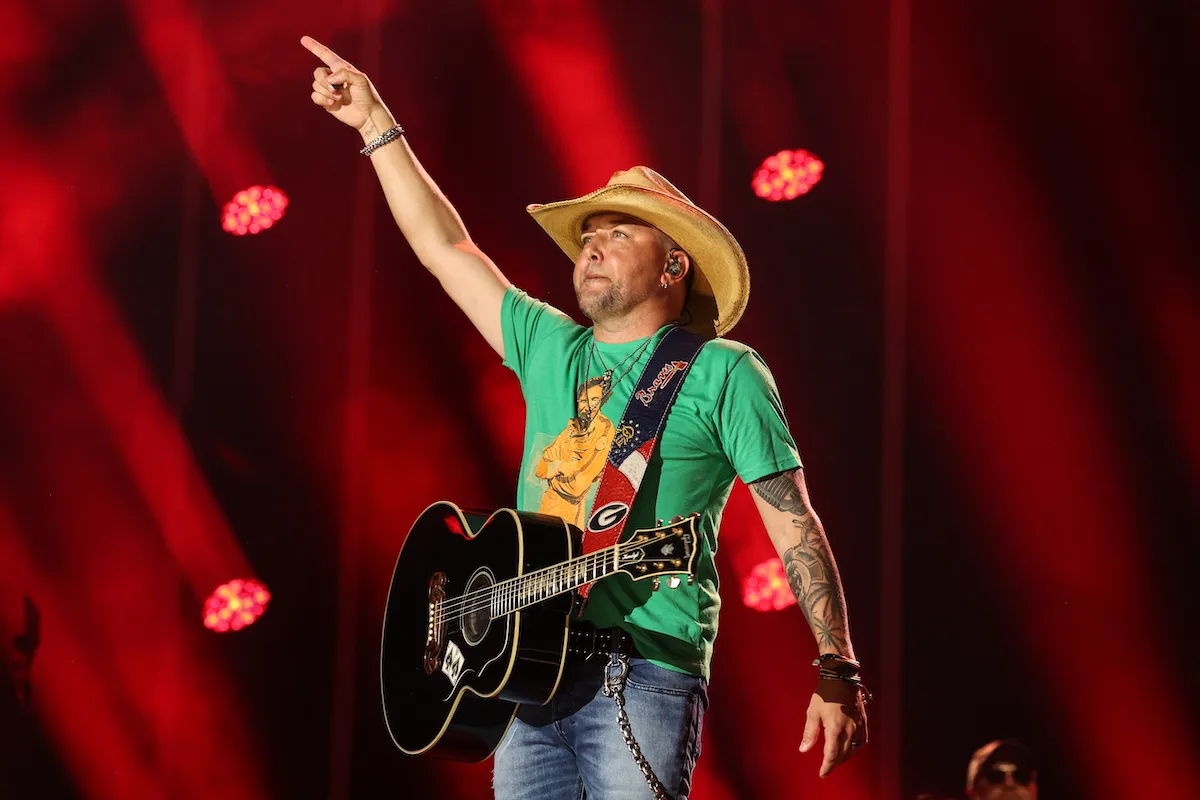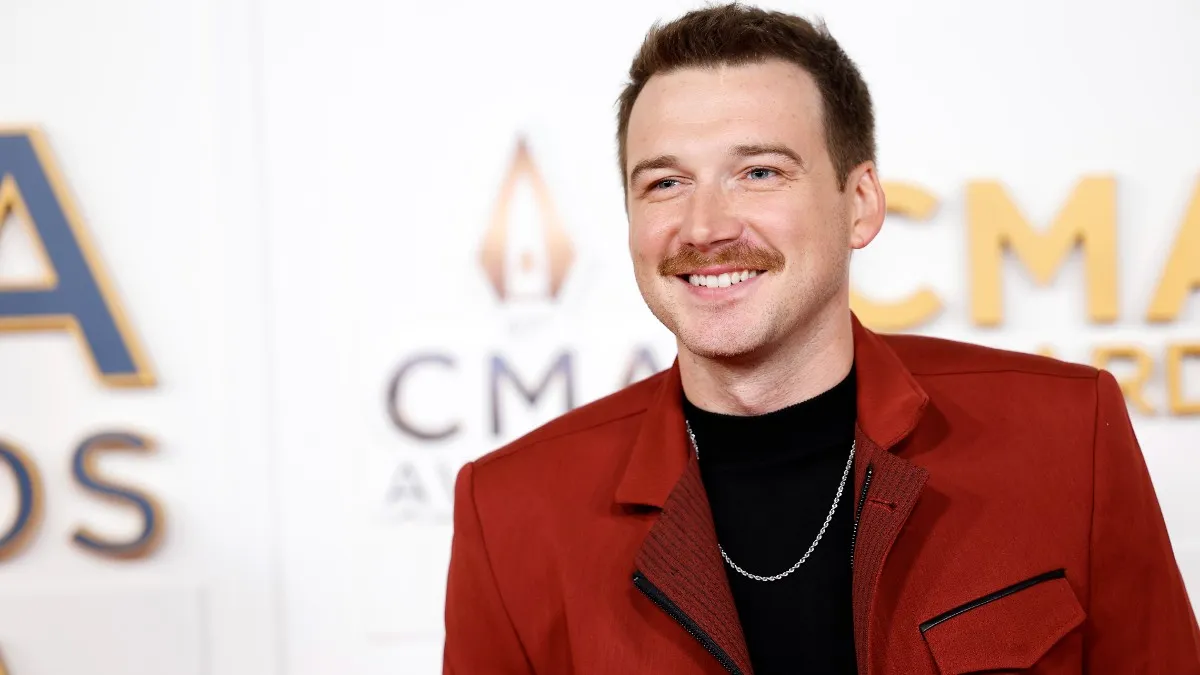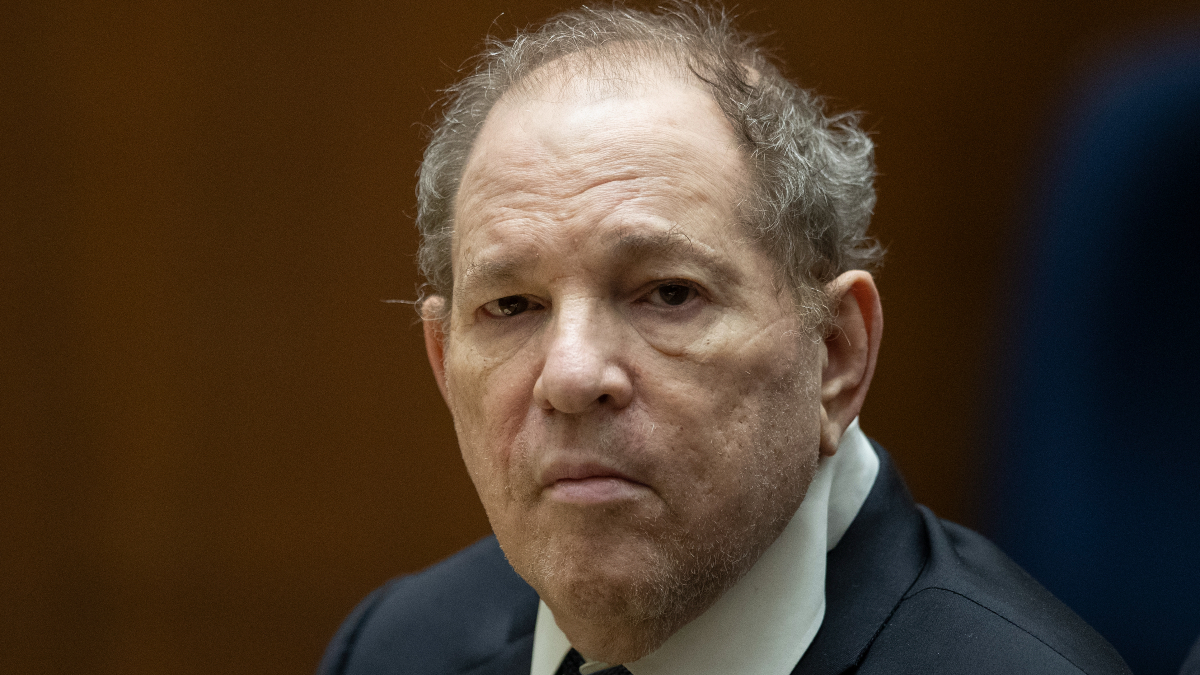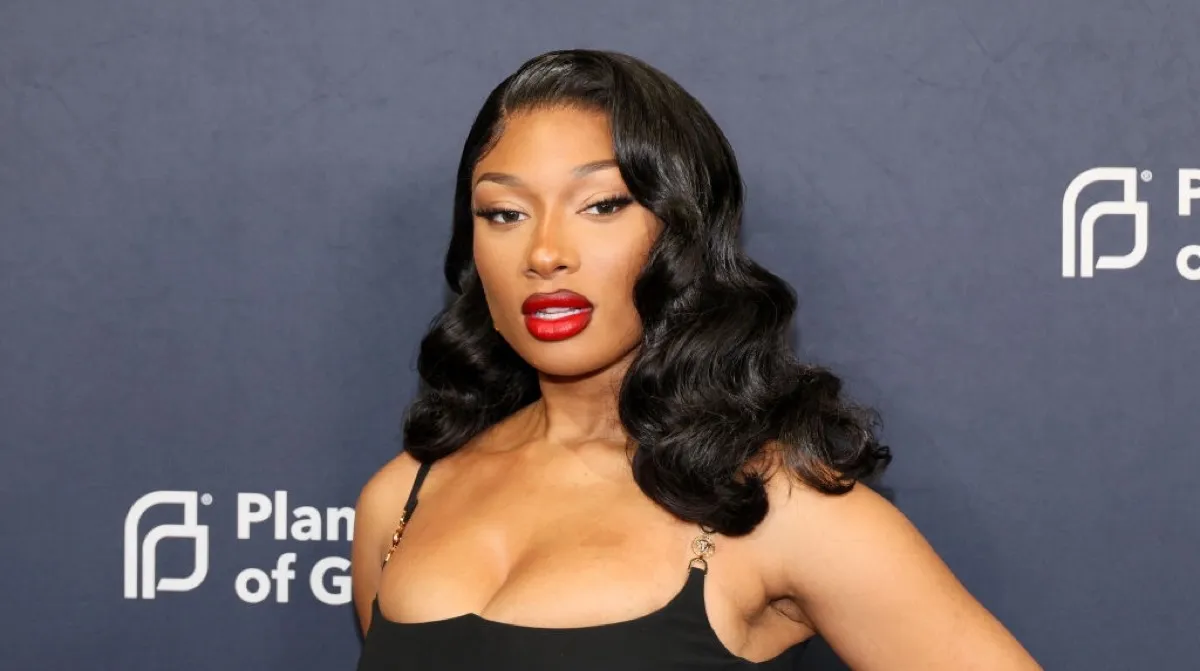Country singer Jason Aldean’s latest single opens with a line that immediately made me cackle with laughter: “Sucker punch somebody on a sidewalk, Carjack an old lady at a red light.” It was the kind of line, sung with that overly sincere country candor, that made me hope against hope that this was just one of those country parodies.
Alas, it is not. The latest major controversy in the music world is this song, titled with Big Boy energy, “Try That in a Small Town.” The song itself was released to middling response back in May, but the music video, released recently and almost immediately pulled by CMT, was what truly gained negative attention.
And for good reason. Observe:
Aesthetically heinous? Tonally bereft of any artistic merit? Mid as hell? Yes, yes, and yes. But there’s more to it than that—much more, unfortunately.
The many ways to make an ignorant music video
“Try That in a Small Town” is Aldean’s attempt to clap back at all the changes in this country that he just cannot stand. The lyrics absolutely buy into the scare tactics that news outlets like Fox News tend to put out into the world, evoking an image of this country that’s lawless, with progressive politicking at the root of the problem.
The music video goes even further into that, using not only stock footage of anti-cop rioting, instances of theft, and protests that weren’t even in the USA, but also using said footage to evoke a sense of “vigilante justice” that goes hand-in-hand with the song’s lyrics. This footage is coupled with news snippets from said outlets, which confirms the angle he’s coming into this from.
But the most egregious aspect of this music video is the fact that all of this is filmed in front of the Maury County Courthouse in Columbia, Tennessee: the site of a lynching in 1927, where 18-year-old Henry Choate was killed by a white mob. Combined with the very pointed footage and combative lyrics, this set decision makes it very clear that Aldean’s conception of American problems is one where Blackness is inherently culpable. Though he has attempted to claim that these assertions are “meritless,” even if he were truly ignorant of the Courthouse’s history, this ignorance still belies a mentality that considers itself untouchable and does not value the honoring of African American history in any capacity.
In response to this, Rolling Stone interviewed Dr. Karlos K. Hill, a professor of African and African American Studies at the University of Oklahoma. Hill had the following to say about the music video:
It was dog-whistle politics at play. There are a couple themes: the idea that rural America is the moral center of America. That’s a very present theme, because you see images of urban America on fire, with protests, but then you have the country music singer placed in the rural area where it’s tranquil and calm and peaceful. You have the rural/urban divide theme, the “rural America is the moral compass” theme, and the “urban America is in chaos” theme.
You also have this veiled threat: “Try that in a small town.” The song is part of the current rhetoric of the moment. The “us versus them, Make America Great Again” idea. You have all of that without the artist even having to touch it. But what’s most concerning is the veiled threats of violence that, given the Jan. 6 attacks, we should be really alarmed by, because we know where they can lead.
All of what I see and feel is just the conservative narrative of Make America Great Again: “Look at the chaos, the ways America is unraveling. You better not try that transgender stuff in a small town. You better not try that abortion rights stuff in a small town.” That’s the cultural polarization in this country. That’s the irresponsible part. If he was trying to create some sort of anthem to bring people together, he really missed.
Obviously there are no references to lynching in the song. I think there are veiled threats of violence, but that would be a stretch, to connect it to the history of lynching. There are actual lynching songs, like songs that are actually about lynching Black people. We can’t equivocate. But, at the same time…someone should have known that there was a possibility that someone would say that.
After the images of urban unrest and violent protesters, you have the imagery of white men shooting guns. So there’s this real deep insinuation of “We have weapons, you better not try to take our guns.” The imagery is what’s doing all the work. That’s what people are seizing upon. There’s this insinuation that these guns are being used recreationally — but if you “try that in a small town,” then that same mentality will be turned on you.
Dr. Karlos K. Hill, in conversation with Jonathan Bernstein of Rolling Stone
The curious case of Jason Aldean
This might seem like just another case of a MAGAhead running his mouth yet again, but considering Aldean’s history, it seems odd that he would write a song like this. In 2017, Aldean himself was at the center of a historic mass shooting at Route 91 Music Harvest Festival, where 60 people were killed during his performance. Following the shooting, Aldean was emphatic about increased gun restrictions in this country, which makes the aggressive nature of this song and music video strange.
Aldean, however, is adamant that we, the general public, are getting it all wrong:
The thing is, you can make a song about taking care of community and looking after one another that doesn’t invoke sundown sensibilities, let alone in front of a site of great historical tragedy. It’s ironic, and unfortunate, that in making a song like this, Aldean’s essentially created the pinnacle of what non-country fans think all country music is: exclusionary, belligerent songs that are written for racist white southerners.
And even as a non-country fan myself, I know that that’s not indicative of the genre in its entirety. I DJed for folk and country shows in college, so I have firsthand knowledge that most basic country songs are about chilling out, spending time with family, and getting laid. Therefore, this prompted Sheryl Crow, one of the genre’s foremost modern stars, to speak out on this foolishness:
The real kicker is that Aldean wasn’t even raised in a small town. He was raised in two cities: Macon, Georgia and Homestead, Florida. The kind of idealizing he’s putting on small towns is, again, in alignment with a lot of conservative talking points about “returning to this country’s origins,” and those talking points are, at their core, racist and exclusionary, and rooted in America’s anti-Black history.
At the risk of sounding parasocial, I’ll go out on a limb and assume that this farce of a song is a misguided expression of Aldean’s own trauma regarding the shooting. Despite the lyrics being incredibly confrontational, the song itself has no bite whatsoever, with no real direction, and the music video is delusional with no landing point. It ends with an awkward transition into an interview with a farmer who just wants to take care of his community. So, in totality, he attempted to make sense of this country’s history of violence with the nonsense he’s likely seen on conservative talk shows, and ended up with nothing but a loose narrative that he could only piece together using stock footage and hollow, outdated sentimentalities.
It’s all just so sloppily put together and planned that one has to wonder how it left the editing room at all, let alone the recording studio. Worst of all is the fact that, because it’s a product of the news he’s consumed, it can now be used as a tool for the worst iterations of those sentiments, brought to a modern context. He claims that the outrage against the song is reckless, when in reality, the song itself is a reckless ode to an America that, ironically, does not value community and care at all.
(featured image: Terry Wyatt/WireImage)









